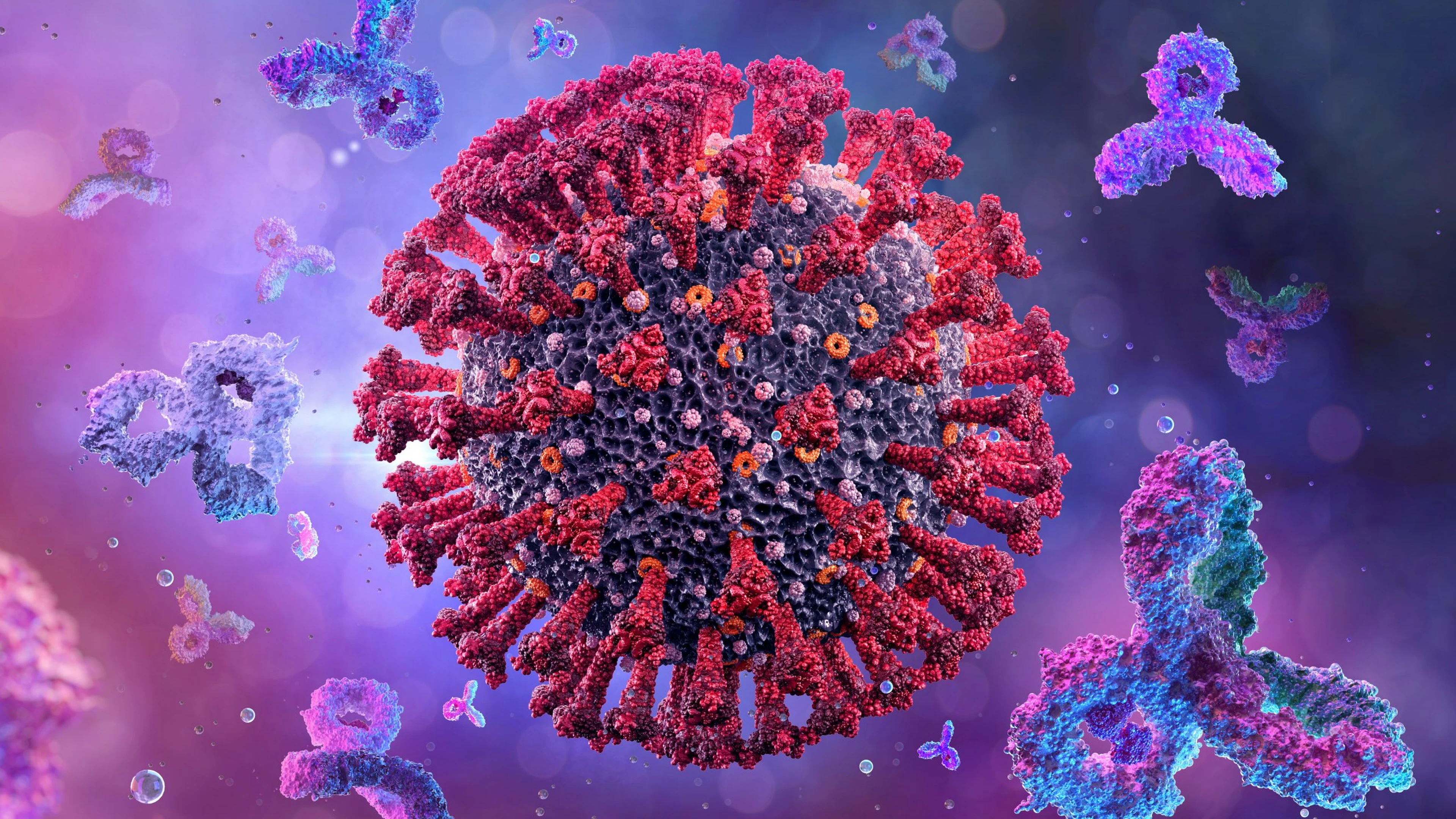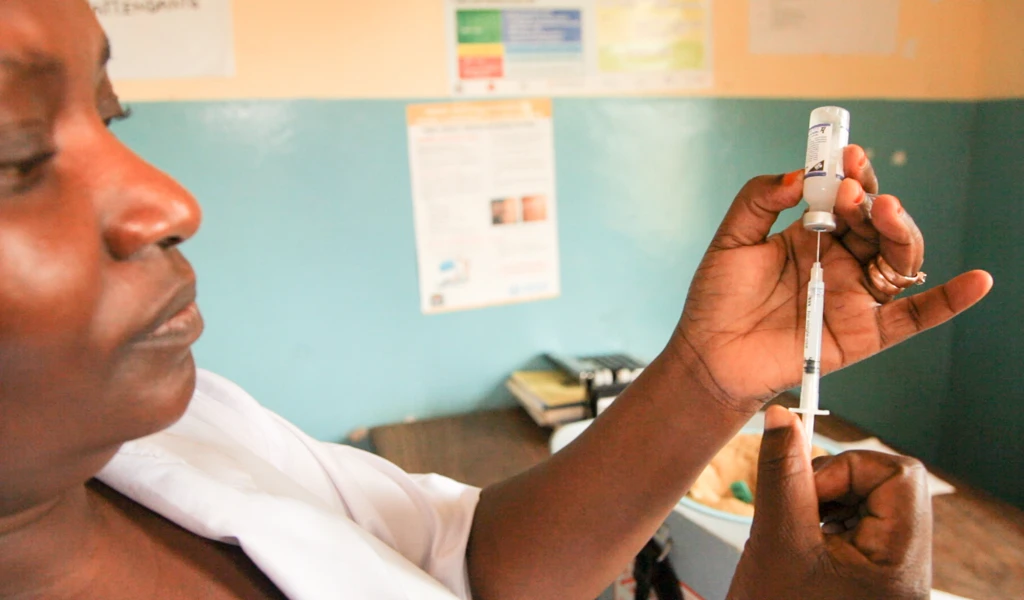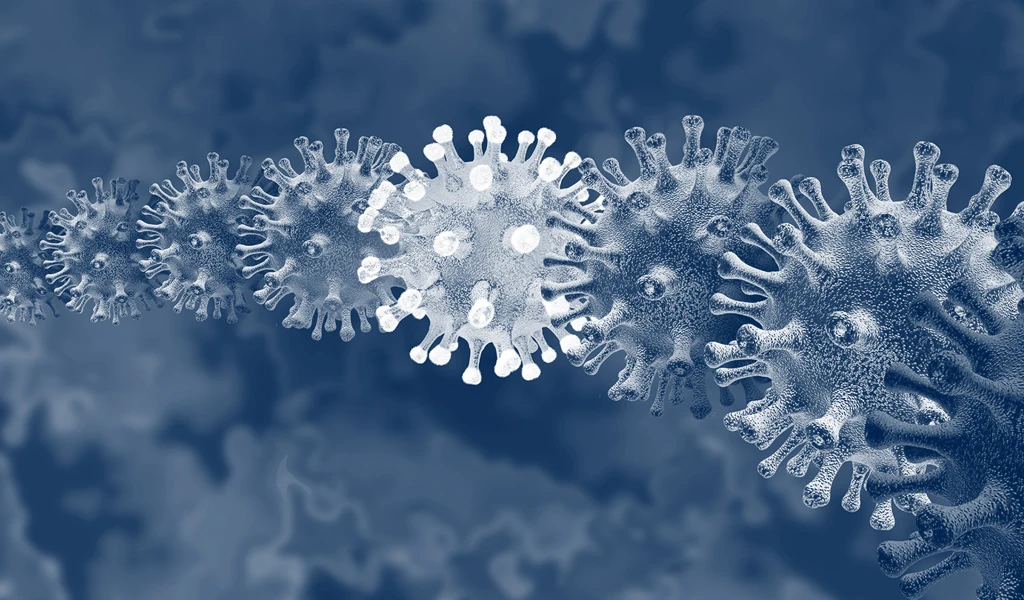The importance of blood markers in assessing vaccine efficacy

The past few weeks have seen the regulatory approval of multiple safe and effective vaccines against Sars-CoV-2, the virus that causes COVID-19.
This should give us reason for hope. However, as vaccines become more widely available the way that clinical trials of COVID-19 vaccines are conducted will change, and the work of CEPI's centralised laboratory network—which is working to standardise the evaluation of immunogenicity induced by COVID-19 vaccine candidates—will become increasingly important.
One of the aims of the centralised lab network is to establish reliable markers of immunity (also referred to as correlates of protection), which are critical if researchers are to assess the efficacy of COVID-19 vaccines without a placebo comparison.
Challenges in trial recruitment
The efficacy data for the recently approved vaccines has been gathered through randomised placebo-controlled clinical trials, which included tens of thousands of participants from around the world. These trials are considered to be the gold-standard method for clinical research because they limit the potential for bias in how data are gathered and deliver the highest level of scientific evidence.
However, now that there are multiple approved vaccines available, the ethics and practicality of doing placebo-controlled trials (ie, randomly assigning a participant to receive a COVID-19 vaccine versus a placebo) has become complex, and will become increasingly unfeasible as vaccines are rolled out more widely. In settings where effective vaccines are available, finding participants willing to take part in placebo-controlled trials—in which they may or may not receive a vaccine—is a challenge. Recruiting at-risk participants such as healthcare workers or elderly people will be particularly difficult as they are likely to be prioritised for vaccination with approved vaccines.
Some people currently taking part in ongoing placebo-controlled trials are already dropping out to make sure that they can get immunised as part of ongoing mass vaccination programmes.
Our network of labs–which is open to all COVID-19 developers–will help to harmonise evaluation of the immune responses generated by multiple COVID-19 vaccine candidates.
Blood markers of vaccine efficacy
The world needs multiple safe and effective vaccines to bring the pandemic to an end, and to control the virus in the longer term. Even with the first generation of vaccines approved, it's crucial that researchers continue to test additional vaccines, so that we can effectively respond to the emergence of new virus variants and to create vaccines that are better suited for use in specific settings or populations.
But if vaccines can't be assessed through placebo-controlled trials in future, how can we know if they are effective?
"CEPI set up its centralised lab network back in October to address this very challenge", explains Valentina Bernasconi, Preclinical and Immunology Scientist in CEPI's Vaccine R&D Team and Project Leader of the Centralised Laboratory Network. "Our network of labs—which is open to all COVID-19 developers—will help to harmonise evaluation of the immune responses generated by multiple COVID-19 vaccine candidates. This will help researchers establish reliable markers of immunity, like how high antibody levels need to be to neutralise Sars-CoV-2, which will help regulators assess the efficacy of various vaccine candidates in the absence of data from placebo-controlled trials."
Establishing these blood markers, in particular, could help researchers collect the data needed for regulatory review of next-wave vaccine candidates or existing vaccines that might be tweaked in response to the emergence of new virus variants.
CEPI is working with regulators, researchers, and manufacturers around the world to determine what immunological data will be necessary for regulatory review of future COVID-19 vaccine candidates.
Find out more about CEPI's centralised labs here.


